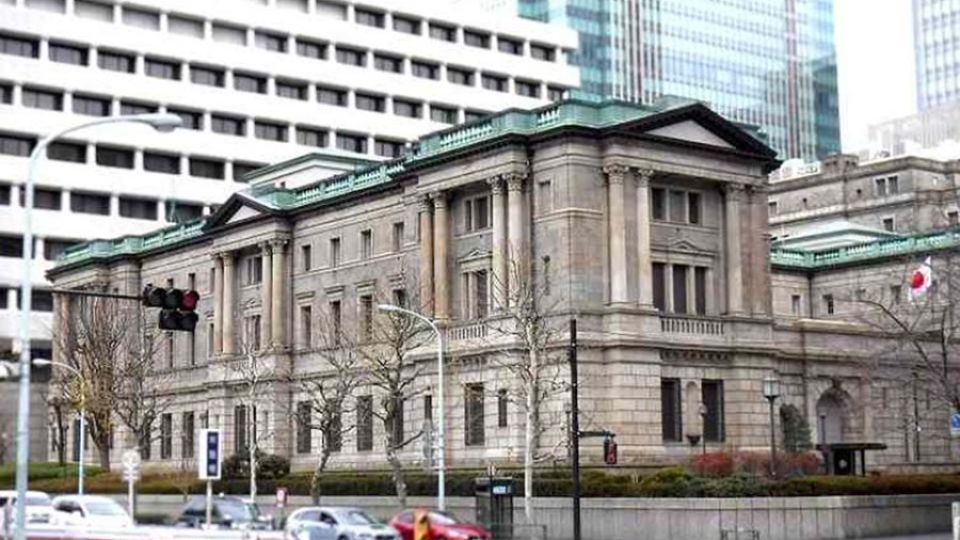September 6, 2024
TOKYO – With the arrival of a “world with interest rates,” fiscal management will become more difficult as the costs related to government bonds increase, including interest payments. The government should shift to its original approach to budget compilation, which emphasizes fiscal discipline.
The deadline has passed for ministries and agencies to submit budget requests for fiscal 2025. The total amount is expected to exceed ¥117 trillion, a record high for the second consecutive year.
The Defense Ministry requested ¥8.5 trillion to strengthen Japan’s defense capabilities, the most it has ever sought. The Health, Labor and Welfare Ministry asked for ¥34.2 trillion for increased social security spending due to the aging of society, accounting for 30% of the total requests.
What is different from previous years is that with the normalization of the Bank of Japan’s monetary policy, a world with interest rates has returned. The Finance Ministry raised the assumed interest rate when accumulating the costs related to government bonds, which caused the costs to increase by nearly ¥2 trillion compared to the initial budget for fiscal 2024, reaching a record ¥28.9 trillion.
The central bank is likely to continue to raise interest rates, and it is inevitable that the increase in the costs related to government bonds will put pressure on the nation’s fiscal condition. The government must maintain fiscal discipline and aim for a budget with the right emphasis on key points.
However, the content of the latest requests does not indicate the awareness of the problem that Japan has reached such a turning point. This is because many requests do not specify concrete amounts, as many fiscal 2024 requests did not. There are expected to be more than 70 such unspecified requests.
Fundamentally, unspecified requests are an exception on the basis that it is difficult to estimate a figure for cases in which future policy is unpredictable. A number of unspecified requests were approved for measures against the COVID-19 pandemic.
In June last year, when the pandemic was brought under control, the government presented a policy of “working to return the expenditure structure to normalcy.” However, the pressure to expand spending is strong, so the government also approved a wide range of unspecified requests for ordinary policy issues amid the fiscal 2024 budget requests, including measures to deal with the declining birth rate and high prices.
There is concern that taking this approach with the fiscal 2025 budget requests as well could lead to further loosening of fiscal discipline.
Many of the unspecified requests include projects for which it is believed that concrete amounts can be specified, such as “construction of the Osaka-Kansai Expo site” and “strengthening food security.”
Nevertheless, by not specifying the amounts, the requests could increase without limits and the overall size of the budget could swell.
It is essential to continue to secure the necessary budgets for strengthening defense capabilities to deal with the severe security environment and for measures to address the declining birth rate, among other measures. Allocation should also focus on areas that contribute to the growth of the Japanese economy, such as decarbonization and labor-saving measures to address labor shortages.
To allocate the budget to priority areas, the Finance Ministry needs to curb as much as possible expenditures with low policy effects in future assessments.

